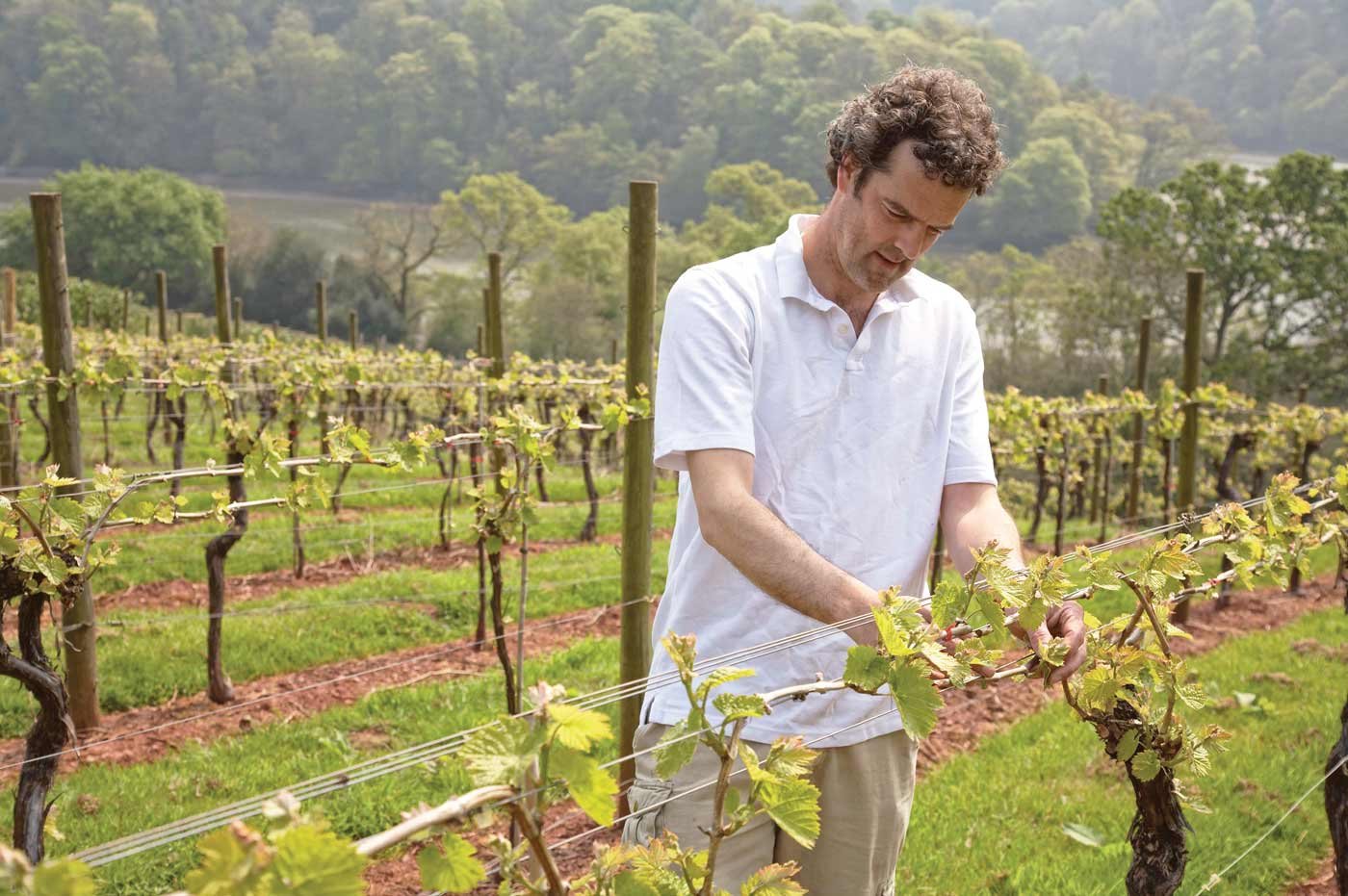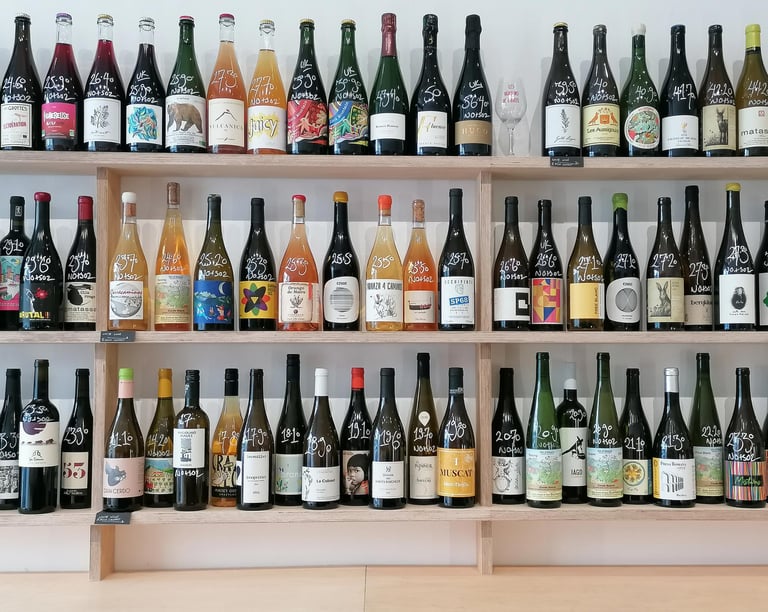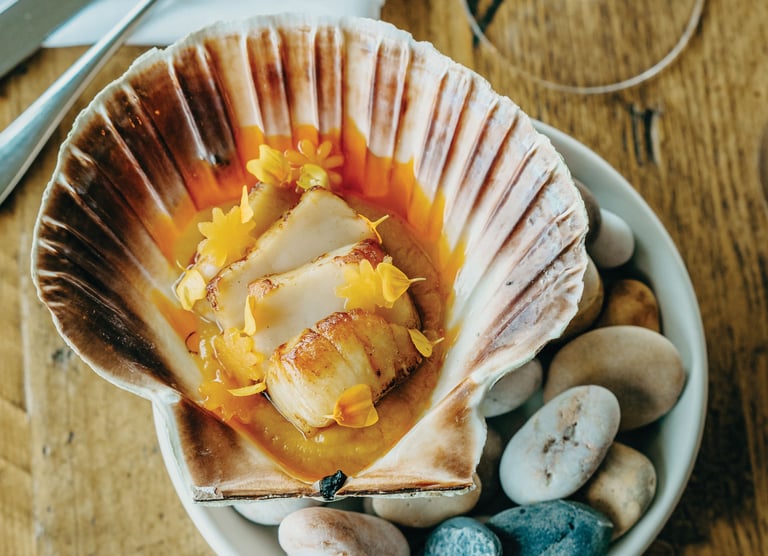Not sure where to start with South West wine, or whether a local vintage is worth the price tag? Duncan Schwab, head winemaker at Sharpham in south Devon, crushes some of the myths and misconceptions surrounding English wine
1. THERE’S MORE TO WINEMAKING THAN PICKING GRAPES
The job of the winemaker is to crush, press, settle, ferment, mature, blend, fine, filter and bottle the wine.
2. ALL GOOD WINES BEGIN AT THE VINEYARD
Vines are planted in the spring and take anywhere between 3-5 years before they are of fruit bearing age. Pruning is a tricky balance – if you don’t give them enough canes to flower then they’ll grow leaves with no fruit, but if you prune too heavily they’ll give up hope and struggle to ripen a crop. You need good quality fruit in order to make good wine – once you’ve achieved this, life at the winery becomes much easier.
3. THE IDEA THAT WINEMAKING IS GLAMOROUS IS A MYTH
During the harvest the winery is a hive of activity: wasps, sticky grape juice, long hours and lots of washing down and cleaning of tanks. It’s hard work but we absolutely love what we do.
4. GOOD WINE CAN BE VEGAN
While commercial makers often use animal byproducts (bull’s blood, fish bladders or casein for example) to purify wine, at Sharpham we only use natural fining agents: one is made from volcanic clay and the other extracted from potatoes, so all our wines are veggie and vegan friendly.
5. LOW ALCOHOL WINES CAN BE JUST AS LIP-SMACKINGLY GOOD
Although going low doesn’t always mean you can drink more, reduced ABV wines are the perfect lunchtime tipple. Light, fresh and fruity, they pair beautifully with seasonal South West produce without overpowering the food’s delicate flavours.
6. WELL-MADE WINES CONTAIN LOW SULPHITE LEVELS
Mass produced wines contain high levels of sulphur to prevent oxidisation and bacteria build-up on their lengthy travels across the world. All of our wines at Sharpham are bottled with low levels of sulphur; unfortunately this doesn’t necessarily swerve the hangover if you overindulge.









